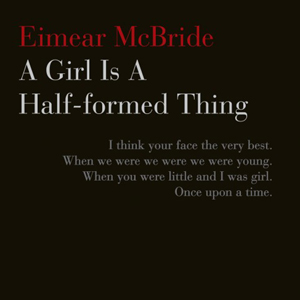
On the sweltering street corners of Kingston, Jamaica in the years before the Second World War, it would have been easy to find people ecstatically preaching while brandishing the June 1931 issue of National Geographic as if it was the Bible. In it were several reports of the coronation of Haile Selassie I as Emperor of Ethiopia. Still labouring under the British yoke, and with the stains of slavery still fresh, here was something remarkable: a Black man being crowned as a king, with the white lords and diplomats and emissaries of the world kneeling before him – a complete inversion of the natural order. For some, this was so remarkable that it could only imply one thing: Haile Selassie must be a god, and he would redeem them. They prayed for the god-king to part the seas, that they could be borne from Jamaica to Abyssinia as compensation for the dreadful journeys made in the other direction only a few decades before.
Selassie’s original name was Ras Tafari Makonnen. In him lies the origin of Rastafarianism. To deride this story of a religion born in the 20th century would be to miss what has been so eloquently portrayed by Anna Della Subin in her debut book, Accidental Gods: an excavation of the deep history of men (and it is almost always men) transformed into deities and demigods. Unearthing these tales is not, she writes, “an arcane theological puzzle” but an essential chart to the construction of “civilisation”. “To speak of men unwittingly turned divine,” she tells us, “is to sing a history of how the modern world came to be.”
With her sense of the uncanny, the ironic, the profane and the weird, Subin is a charming guide. Here we find the cases of Prince Philip enshrined as an idol by a tiny community in Vanuatu, sacrifices to a red-headed East India Company officer in Peshawar, and – perhaps a record in the field – the hysterically manly visage of General Douglas MacArthur worshipped in four different places at different times. Subin’s unfurling narrative is best exemplified by the grandly deranged and hilarious tale of the Theosophist movement. The story begins in the village of Sibsey, Lincolnshire and traverses two high-profile court cases, the National Secular Society, P. G. Wodehouse’s brother, a pioneer of Hitler-worshipping fascist Hinduism, a paedophile ex-Anglican priest, and Russian seances, all culminating in the Indian independence movement and, of course, Mohandas Gandhi, who had to keep insisting all his life: “I am not a God.”
As with the Rastafarians, what binds these eccentric desiderata together is empire. Throughout the period of colonial expansion, conquerors from Cortés to Columbus to Drake would find themselves hailed by Indigenous peoples as gods upon first arrival, and would take this holy praise as the celestial license to overpower and control. Through the need to count and codify subject populations the study of the “science of religion” evolved as a crucial imperial apparatus, exemplified here by Max Müller – foremost expert on the languages and faiths of India, despite never having been there. With this knowledge in hand, rulers could claim that because these foreign practices never aligned fully with the correct Christian traditions, those people were still too backward to be granted independence.
Of course, the supposedly supreme Christian definitions of “god” or “belief” did not hold true everywhere. A deity need not conform to the Biblical model of an omnipotent ruler in an eternal heaven somewhere “up there”, but could be a crucial part of the functioning of everyday life. Those who “worshipped” that red-headed East India Company officer were not venerating him at all: they were making offerings to placate a creature that more closely resembled a marauding devil. In other words, what Subin helps us to see is that at the very core of modernity lies the white god, sweating in his pith helmet.
This piece is from the New Humanist spring 2022 edition. Subscribe here.

